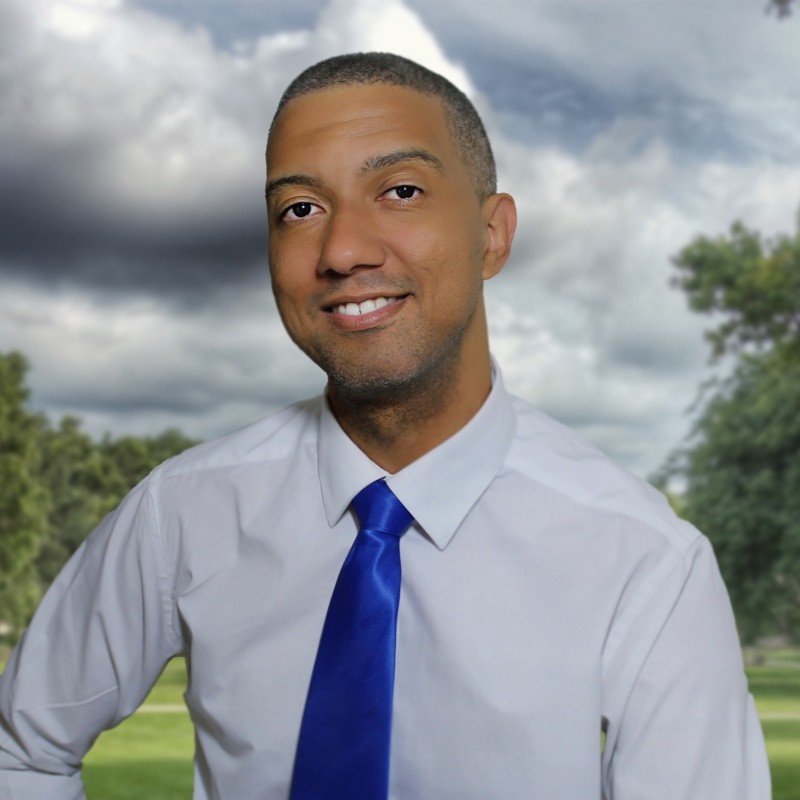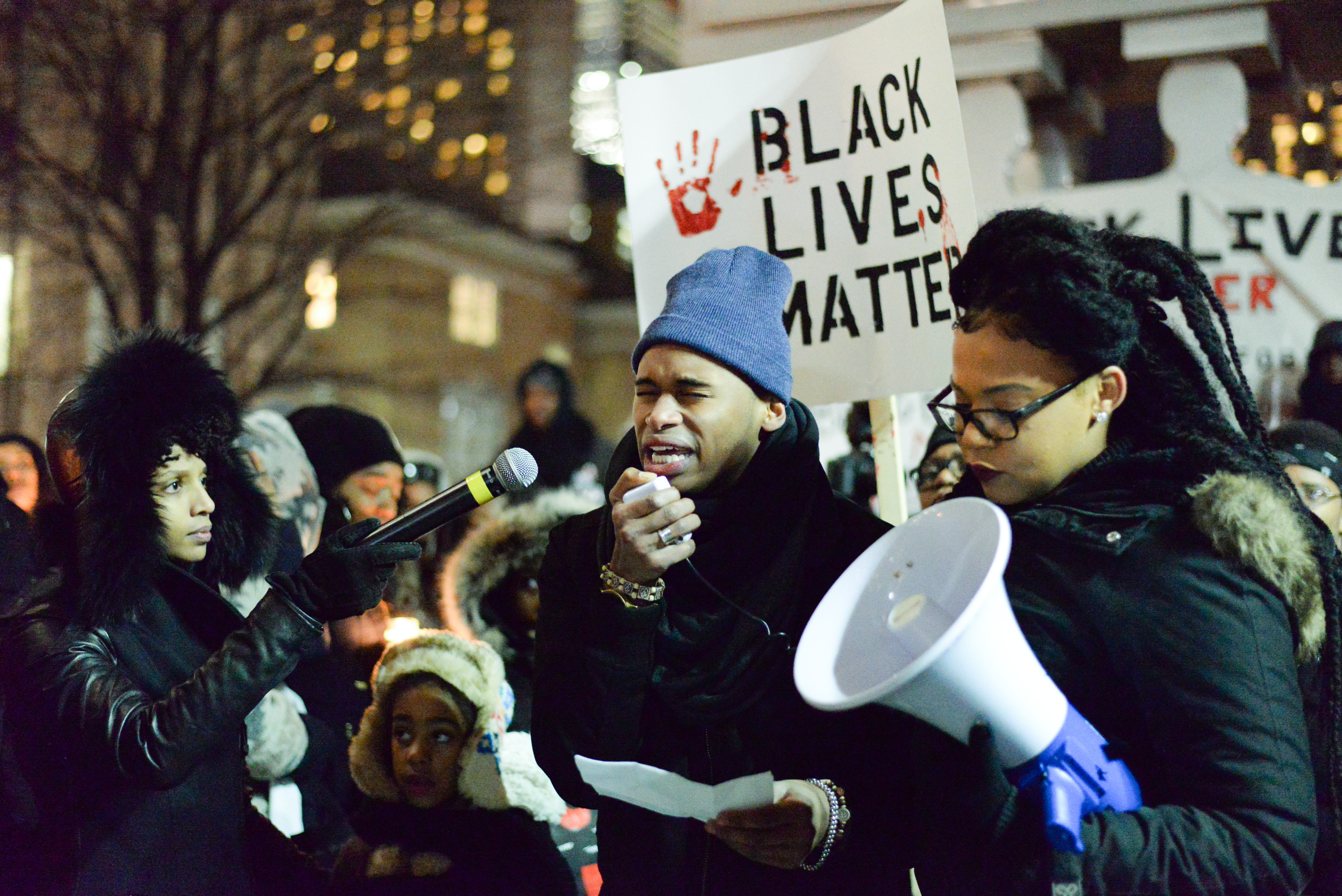Citizen Outsider: Children of North African Immigrants in France
Jean Beaman, Ph.D.
CBSR Affiliated Faculty
Department of Sociology

Jean Beaman is an Associate Professor of Sociology at the University of California, Santa Barbara. She was previously on the faculty at Purdue University and has held visiting fellowships at Duke University and the European University Institute (Florence, Italy). Her research is ethnographic in nature and focuses on race/ethnicity, racism, international migration, and state-sponsored violence in both France and the United States. She is author of Citizen Outsider: Children of North African Immigrants in France (University of California Press, 2017), as well as numerous articles and chapters. She received her Ph.D. in Sociology from Northwestern University. She is also an Editor of H-Net Black Europe, an Associate Editor of the journal, Identities: Global Studies in Culture and Power, and Corresponding Editor for the journal
Blackpolis: Black Life in the Urban Margins of Two Latin American Cities
Jaime Alves, Ph.D.
CBSR Affiliated Faculty
Department of Black Studies

My current research project seeks to make ethnographically visible how black dwellers of urban peripheries of African diaspora cities such as Santiago de Cali (Colombia) and São Paulo (Brazil) respond to enduring forms of space-based racial injustices. The multi-sited research aims at identifying extralegal or outlawed everyday practices such as informal settlements, pirate-taxi, the practice of “rebusque” (hustling), the participation of black youth (particularly black men) in street gangs, and retaliatory violence against the police, as insurgent spatial practices seeking to decolonize the antiblack city. In mapping out these forms of resistance, the research also aims to provide a race-centered anthropological account of urban marginality that challenge conventional narratives of city politics. I ask: how might a focus on outlawed practices of black urban dwellers expand our understanding of urban politics of resistance usually framed through the limited lenses of “the right to the city”? How is everyday life reproduced and sustained within the margins of these anti-black urbanities? Through an unapologetic Fanonian reading of the wretched of the city, I pay attention to a myriad of programs of spatial discipline (such as community police and NGO’s pedagogical innitiatives to “save” black children), the spatial praxis of black youth resisting such hegemonic urban projects, as well as the alternative black spatialities that emerge from such territorial contests This research takes issues with "the right to the city" perspective for its inability (unwillingness?) to accommodate the specificities of the black experience; a precarious condition that, I argue, is foundational to the racialized regime of urban citizenship. Blackpolis, thus, is a project that builds on an alternative theoretical foundation -- in dialogue with interventions in the field of black studies, critical urban studies, and urban anthropology -- to present an utopic account of black urban life in these two racially charged and dystopic violent contexts.
Literacy and Rebellion: Enslaved African Americans and Resistance in the Antebellum South
Charles Terry, Ph.D.
CBSR Postdoctoral Scholar

Dr. Charles Terry is a historian of education who received his PhD in Educational Policy Studies from the University of Illinois Urbana-Champaign. His work is interdisciplinary in nature, dealing with aspects of history, education, Black Studies, and philosophy. His research focuses on ways in which enslaved African Americans resisted modes of physical bondage to subvert the existing hegemonic slave-owning order to gain literacy. His dissertation entitled "A Rebellious Education: Enslaved African Americans and the Fight for Literacy" explores this topic. Moreover, he has historically traced the passage of major anti-literacy laws in the 18th and 19th Century American South in the wake of enslaved rebellions by literate leaders like Nat Turner and Cato, and demonstrated how the passage of these laws was a political response to the threat of literate enslaved peoples. Additional work, published in the book Ordinary People, Extraordinary Lives: Oral Histories of (Mis)Education Opportunities in Challenging Educational Achievement, focuses on the role of a twentieth century female African American pioneer in the Midwest.
Constructing State Failure: Elites and the Demise of Black Governance in the United States
AJ Rice, Ph.D.
CBSR Affiliated Faculty
Department of Political Science

AJ Rice is an Assistant Professor of Political Science at the University of California, Santa Barbara. His research examines the public policy process and political behavior, with a focus on education, privatization, and Black governance. His current book project explores how racial discourses were leveraged by business leaders and policymakers to transform educational governance in Michigan and describes how Black citizens responded to this process. He was previously a University of California President's Post-Doctoral Fellow at the University of California, Los Angeles. His work has been published in a variety of venues, including, Perspectives on Politics (forthcoming), Souls: A Critical Journal of Black Politics, Culture and Society, the Journal of Cultural Geography, and The Popular Culture Studies Journal. He received his PhD in African American and African Studies from Michigan State University in 2020.
